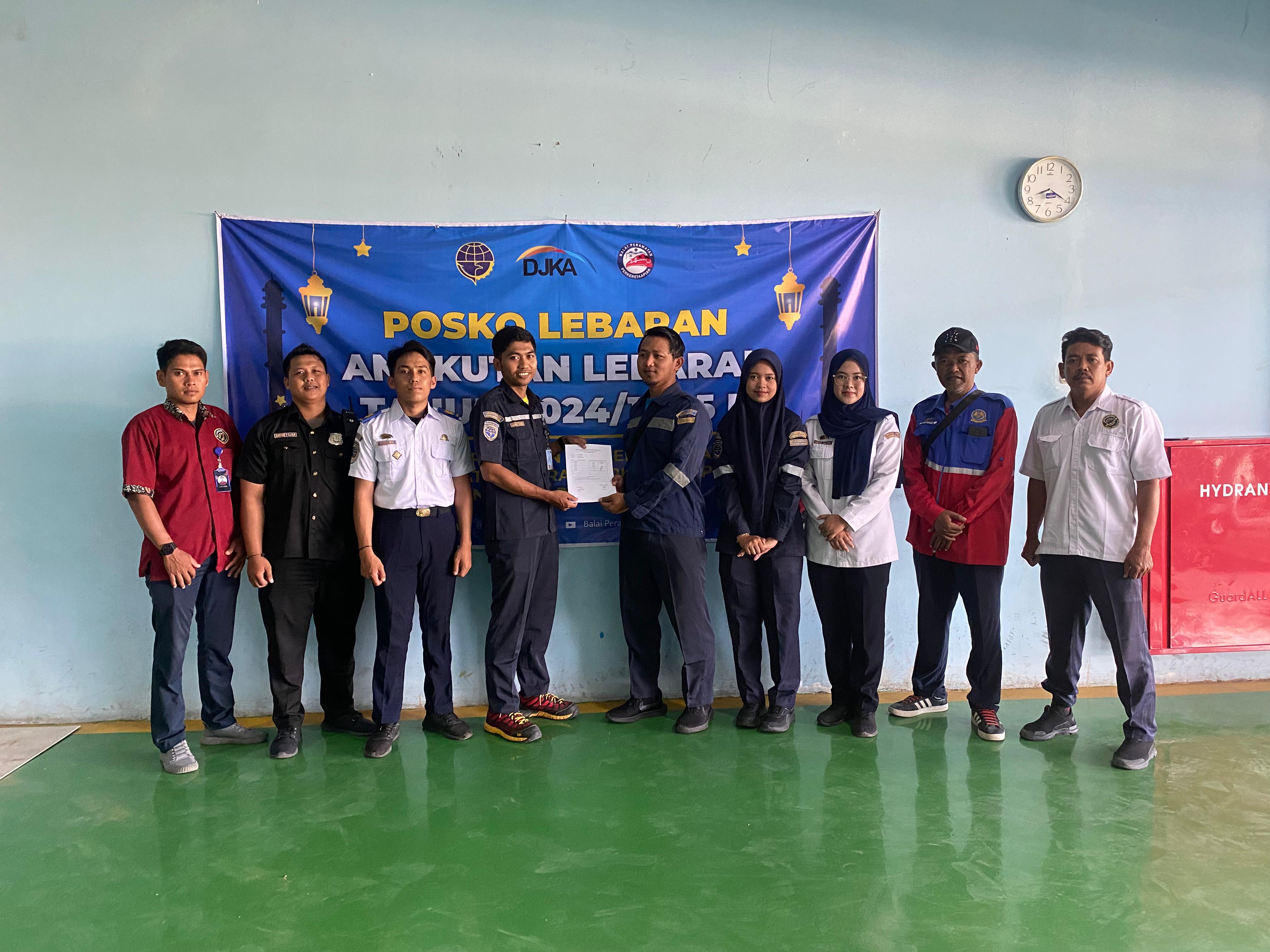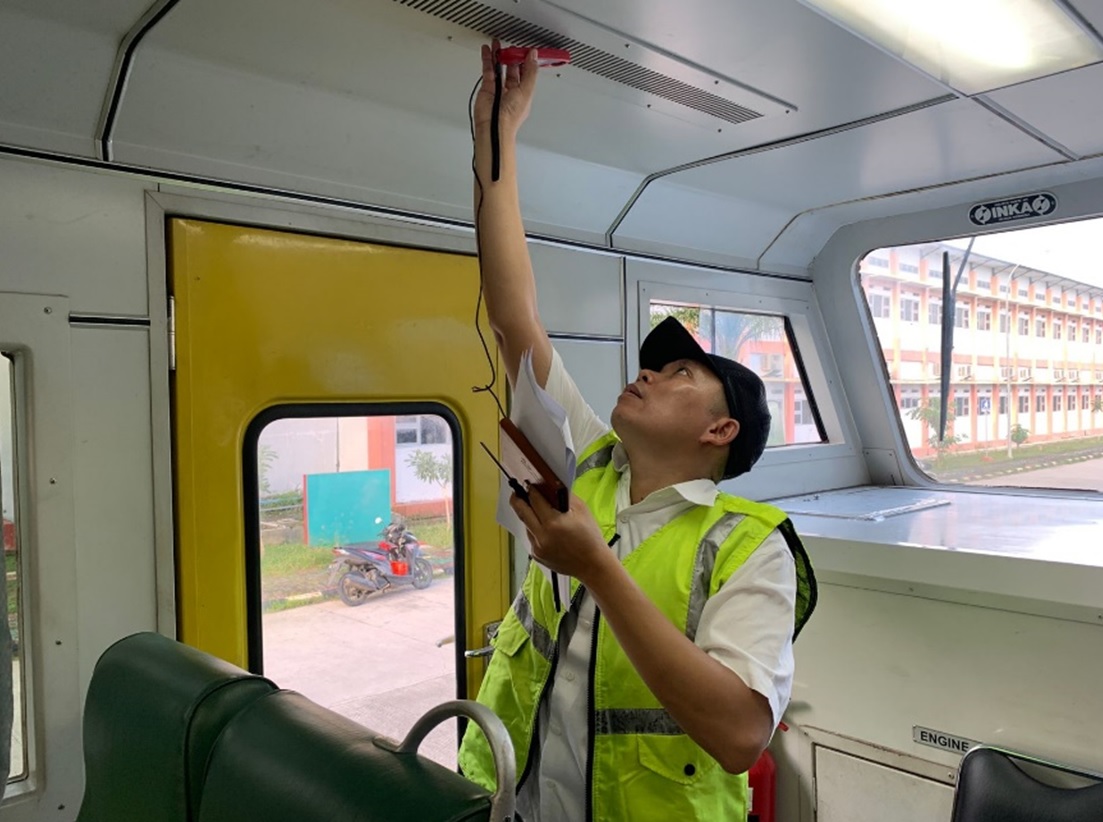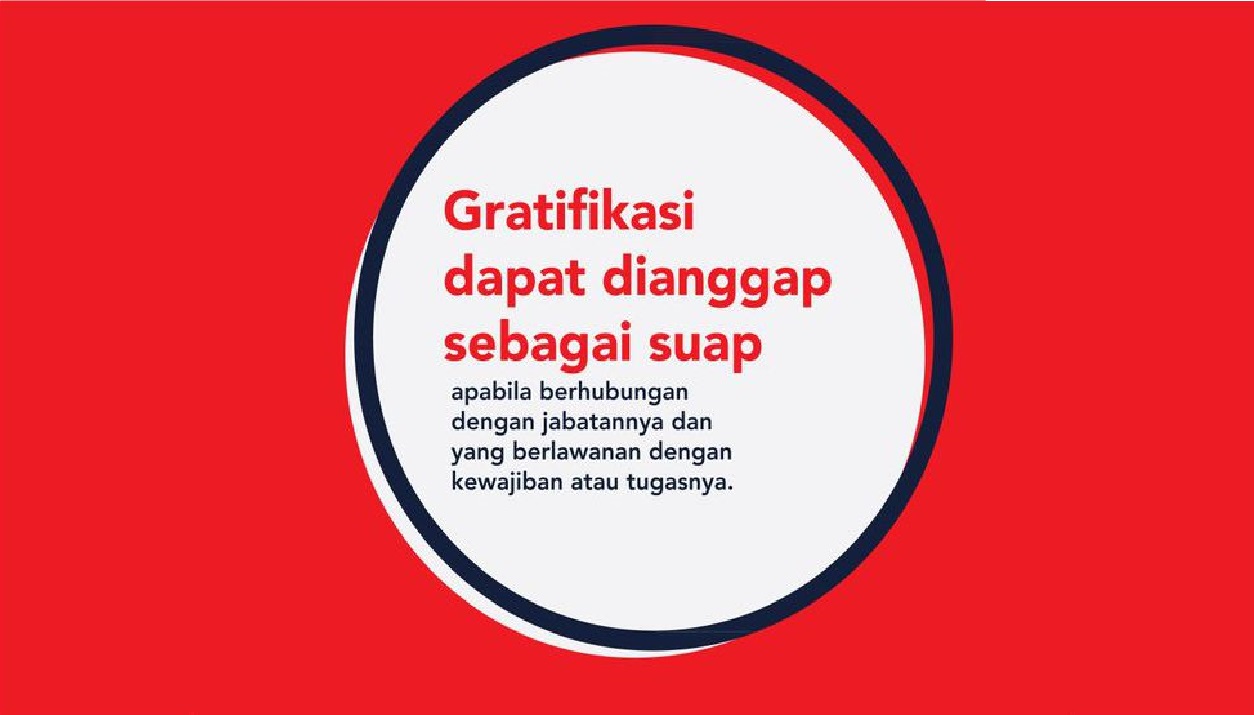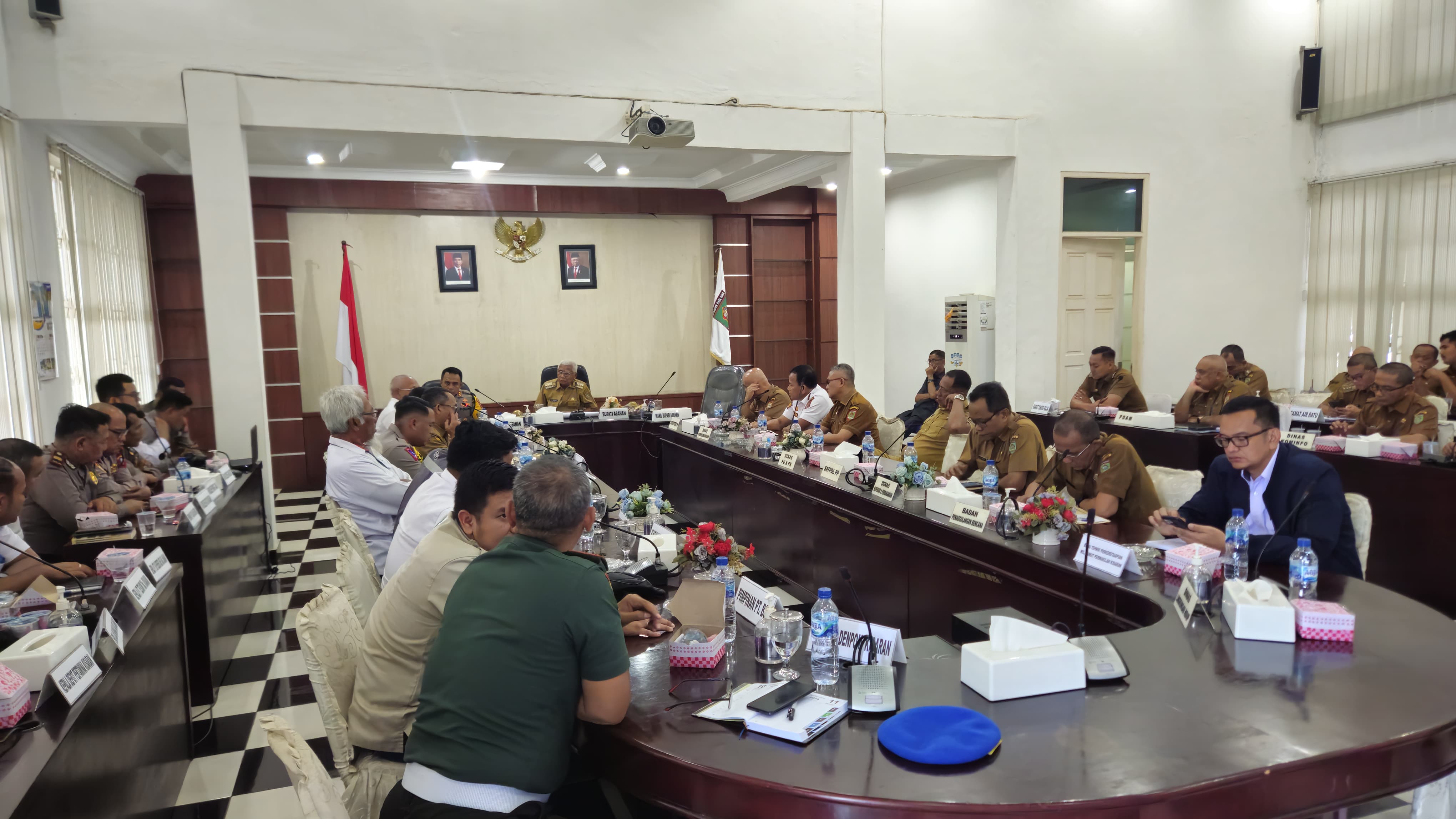AFFIRMING THE COMMITMENTS, DJKA SUPPORTS THE RAILWAY DEVELOPMENT USING NON-APBN FINANCING SCHEMES
.png)
Jakarta (06/07) – As stated in the Commission V of The House Hearing Meeting (RDP) which was held on Wednesday (06/07), the Directorate General of Railways (DJKA) of the Ministry of Transportation continues to strive for the use of alternative financing other than the APBN in developing railway infrastructure in Indonesia. In this activity, the President Director of PT. KAI (Persero), President Director of PT. MRT Jakarta, President Director of PT. Kereta Commuter Indonesia, as well as the President Director of PT. Jakarta LRT who attended the hearing.
In his statement, the Director General of Railways, Zulfikri said that until 2030, DJKA targets to build railway lines (KA) up to 10,524 km. "The development is located on Sumatra, Java, Kalimantan, and Sulawesi," Zulfikri explained. This development target is achieved in stages with a baseline in 2019.
Furthermore, Zulfikri explained that there are 4 (four) Major Projects of RPJMN 2020-2024 which are the main concerns in the development carried out by DJKA. “The four major projects include Makassar - Parepare Railway, the Jakarta - Bandung High-Speed Railway, the Jakarta - Surabaya Phase I Speed Improvement for Jakarta - Semarang, and the Urban Mass Public Transportation System for 6 Metropolitan Areas (Jakarta, Surabaya, Bandung, Medan, Semarang, and Makassar)," explained Zulfikri.
In order to maximize resources in realizing development or railways, Zulfikri said that alternative financing schemes would be utilized. "We encourage the active role of private/state-owned enterprises and regional governments with alternative financing schemes, seek to utilize BMN assets through cooperation schemes, to provide quick and easy licensing to business entities in order to fulfill railway development financing," declared Zulfikri.
Several development works that have utilized alternative financing through concession schemes include the Jakarta-Bandung high-speed train, the Jabodebek LRT, the reactivation of the Cibatu-Garut railway line, and the development of the Soekarno-Hatta Airport railway line. The concession scheme is also applied to the development of Segment I of Southern Sumatra, New Jatake Station, Sukacinta - Serdang Station, and Tigaraksa Station Development. "In addition to concessions, we also take advantage of PPP schemes such as the construction of the Makassar-Parepare railway line, which is currently almost 100% complete," Zulfikri continued.
Besides addressing the updates of development and financing strategies, Zulfikri also explained the efforts to improve safety, services, and the obstacles faced in building the railway sector. "We are committed to continuously improving safety in the railway sector and minimizing casualties to 0 (zero) people in a row from 2020 to 2022," Zulfikri claimed.
Zulfikri's statement is in line with the decrease in the number of train accidents which has been reduced to 3 (three) incidents in 2022, according to the previous 13 incidents in 2021 and 18 incidents in 2020. This decrease in the number of accidents is the result of efforts to improve safety which includes :
- Audit of the Railway Safety Management System (SMKP) of the Infrastructure & Facilities Organizing Business Entity in accordance with the Regulation of the Minister of Transportation Number 69 of 2018;
- Control through Testing & Certification of the Eligibility of Railway Infrastructure, Facilities, and HR Competencies;
- Implementation of Safety Assessment & Safety Inspection including Rampcheck Condition of Infrastructure and Facilities;
- Law Enforcement and Counseling on Regulations/NSPK (Norms, Standards, Procedures, and Criteria) for Railway Safety;
- Identification & Supervision of Accident-Prone Areas on the Main Crossings of Java and Sumatra;
- Railway Institution Accreditation; and
- Handling level crossings, as well as sterilization/fencing of railway lines.
"Especially for the handling of level crossings, we collaborate with all stakeholders and the Regional Government to actively participate in accordance with applicable laws and regulations," Zulfikri continued.
Regarding service improvement, Zulfikri explained that there has been an increase in On Time Performance (OTP) in 2022 to 89% from previously only 67% in 2019. This increase in OTP is in line with the efforts made by DJKA which include the construction of double track railways, increasing existing operating lines and facilities, reducing the density and intensity of traffic crossings, as well as supervising the realization of the Railway Travel Chart (GAPEKA). "Our appreciation goes to all parties and operators who have worked together in realizing this OTP increase," said Zulfikri.
At the end of his presentation, Zulfikri described the challenges faced in developing the railway sector. According to Zulfikri, the challenges that often arise are related to technology mastery, foreign products dependency, implementation of the latest regulations, land issues, funding/financing, availability of human resources (HR) for railways, to dependence on PSO/Subsidies. "We also continue to strive for intermodal integration to meet people's mobility needs while encouraging the use of trains," concluded Zulfikri. (HJA)










Komentar
LOGIN FOR COMMENT Sign in with Google